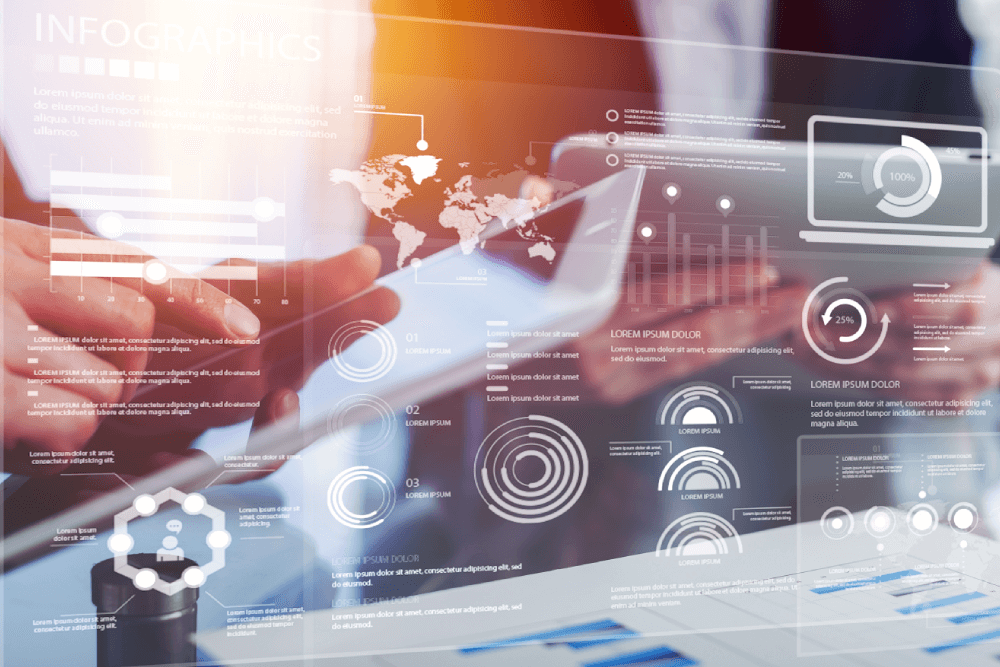Artificial Intelligence in Business: Transforming Operations, Strategy, and Customer Experience

In recent years, Artificial Intelligence (AI) has evolved from a futuristic concept into a practical, everyday tool for businesses across industries. From automating repetitive tasks to uncovering deep insights in data, AI is reshaping how companies operate, compete, and grow. Whether you're a startup or a multinational corporation, AI presents powerful opportunities to drive efficiency, improve decision-making, and deliver better customer experiences.
In this article, we’ll explore the growing role of artificial intelligence in business, its key applications, benefits, and real-world examples.
What Is Artificial Intelligence in Business?
Artificial Intelligence refers to computer systems that can perform tasks typically requiring human intelligence. These include:
-
Learning from data (machine learning)
-
Understanding natural language (NLP)
-
Recognizing patterns (computer vision)
-
Making decisions based on real-time input (predictive analytics)
In business, AI is used to enhance human capabilities, streamline processes, and improve outcomes across departments—from sales and marketing to operations, HR, and finance.
Key Applications of AI in Business
1. Customer Service
AI-powered chatbots and virtual assistants help companies offer 24/7 support, answer common questions, and handle high volumes of inquiries without human intervention.
Example: E-commerce sites use AI chatbots to assist customers with tracking orders, returns, or recommending products.
2. Marketing and Personalization
AI analyzes customer behavior to deliver personalized marketing messages, product recommendations, and optimized ad campaigns.
Example: Netflix and Amazon use AI algorithms to suggest content or products based on your browsing and purchase history.
3. Sales and Lead Scoring
Machine learning tools can predict which leads are most likely to convert, allowing sales teams to focus on high-priority prospects.
Example: CRM platforms like Salesforce use AI (Einstein AI) to score leads and forecast sales performance.
4. Operations and Supply Chain
AI helps optimize inventory, forecast demand, and predict potential disruptions, resulting in more agile supply chains.
Example: Logistics companies use AI to plan delivery routes based on traffic, weather, and order volume.
5. Finance and Risk Management
AI can detect fraudulent transactions, automate invoice processing, and assess credit risk using predictive models.
Example: Fintech apps use AI to approve microloans within minutes by analyzing alternative data like mobile usage and payment history.
6. Human Resources
AI helps screen CVs, automate scheduling, and even assess candidate sentiment during video interviews.
Example: AI tools like HireVue or Pymetrics assist companies in shortlisting job applicants more efficiently.
Benefits of AI for Businesses
-
Efficiency: Automates repetitive tasks and processes at scale
-
Cost Savings: Reduces the need for manual labor and operational overhead
-
Better Decisions: Provides real-time data insights for faster, more informed choices
-
Personalization: Enhances customer experiences through tailored interactions
-
Competitive Advantage: Allows early adopters to innovate and outpace rivals
Challenges and Considerations
Despite its advantages, implementing AI in business comes with challenges:
-
Data Privacy and Ethics: Businesses must handle customer data responsibly and comply with regulations (like GDPR).
-
Bias and Fairness: AI systems can reflect biases in their training data, leading to unfair outcomes.
-
Integration: Adopting AI requires integrating with existing systems and retraining staff.
-
Cost of Implementation: High initial investments in infrastructure, talent, and technology.
Real-World Examples
-
Google: Uses AI for ad targeting, spam filtering, and real-time language translation.
-
Coca-Cola: Analyzes social media and customer data to guide product development and marketing.
-
Tesla: Integrates AI in autonomous driving and factory robotics for smart production lines.
-
Unilever: Uses AI in recruitment to analyze facial expressions and speech patterns in interviews.
The Future of AI in Business
As AI continues to advance, expect even greater integration into strategic areas such as:
-
Predictive maintenance for industrial equipment
-
AI-driven innovation in product development
-
Hyper-personalized customer journeys
-
Voice-based interfaces in customer support
-
Autonomous decision-making systems for high-frequency tasks
Businesses that adapt early will be better equipped to thrive in an increasingly digital and data-driven economy.
Conclusion
Artificial intelligence is no longer just an emerging trend—it’s a strategic business enabler. From improving efficiency and productivity to enhancing customer experiences and driving growth, AI is transforming every aspect of how modern businesses operate.
By thoughtfully adopting AI technologies and ensuring ethical, human-centered implementation, companies can position themselves for long-term success in a rapidly evolving marketplace.







